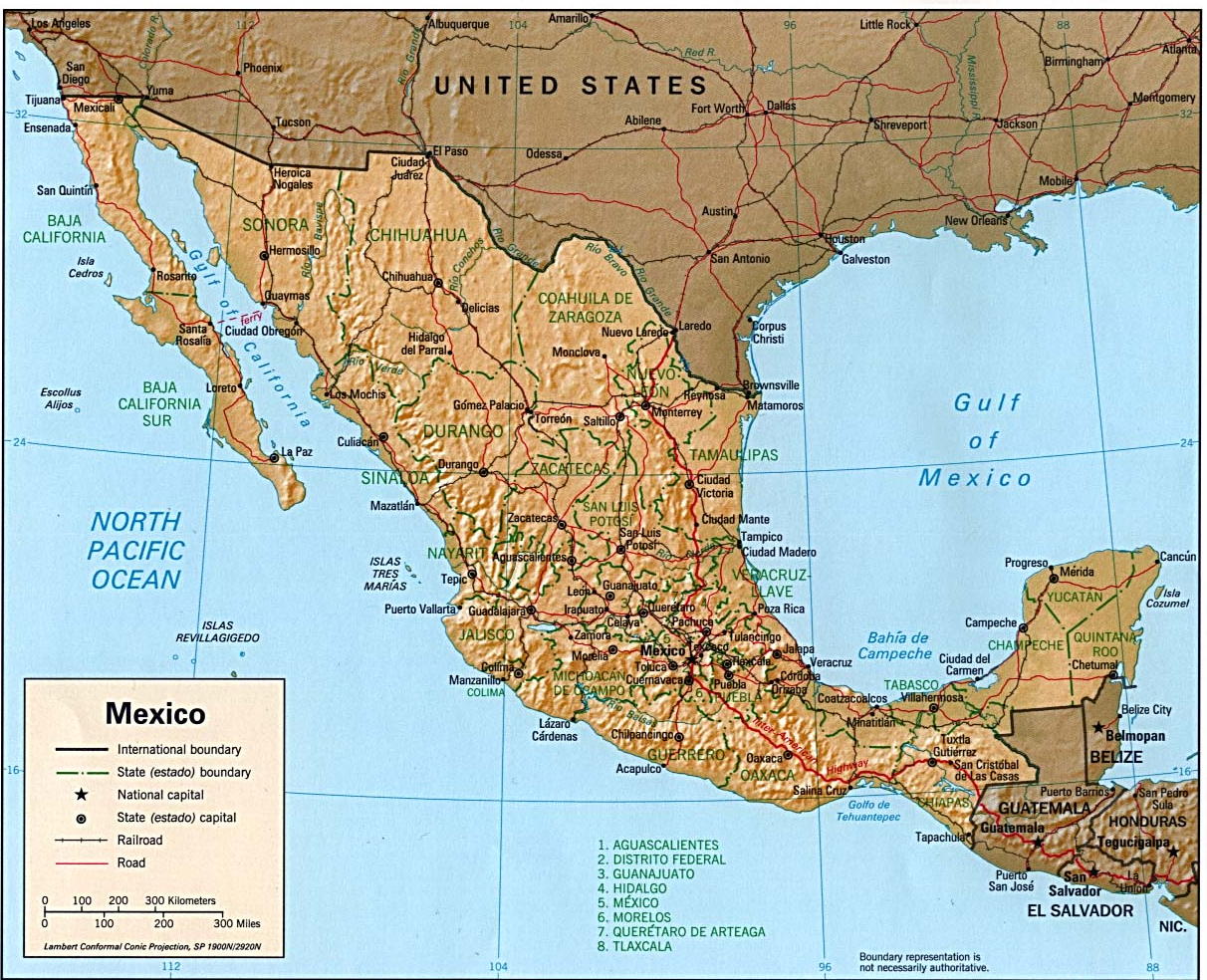
La Carga Blanca


With the end of prohibition, the smuggling of alcohol across the border drastically decreased. However, this was not the end of smuggling contraband from Mexico to the U.S. An increasing demand was growing in America for illegal drugs such as marijuana and cocaine. This demand continued to grow into the 60’s and 70’s and still exists today. “La Carga Blanca”, composed by the famous corridista, Manuel C. Valdez, deals with the smuggling of cocaine. Usually, in the journey of cocaine from grower to user, Mexico has served as a middle passing point for the drug. Perhaps the smuggler’s of cocaine from Mexico to the U.S. play the most dangerous role in the illegal process. “La Carga Blanca” does not necessarily speak of a particular event in smuggling history, but instead represents a common scenario faced by many cocaine smugglers. Unlike the corridos of Mariano Resendez and los Tequileros, those who smuggled hard drugs as cocaine were not seen as heroes of intercultural conflict, but instead as actual criminals. This corrido serves as a warning to the people about the dangers associated with dealing in such a highly criminal and highly dangerous business, regardless of what the monetary rewards may be. An important aspect to note about “La Carga Blanca” is its timeless nature. First recorded in the late 1940’s, this corrido enjoyed more than sixty different recordings, including an appearance in the second LP of Los Tigres del Norte in the early 1970’s.
|
Cruzaron el Río Bravo Sin ninguna novedad Y se fueron derechito A la calle Nacidad. En una casa de piedra Dos mil ochocientos pesos Apenas iban llegando No hagan ningún movimiento Varios tiros de pistola Tres muertos y dos heridos Ahora después según dicen, Despedidas, se las diera, |
They crossed the Rio Grande They arrived in San Antonio José and Ramón entered Two thousand eight-hundred pesos Scarcely were they approaching “Don’t make any moves A number of pistol shots Three dead and two wounded Now, afterwards, according to what is being said, A farewell, I would give it to you if I could, |
This corrido represents one of the first transitions from alcohol smuggling to drug smuggling. In contrast to the previous contraband corridos, “La carga blanca” illuminates the dangers of drug smuggling and even deters members of the Mexican community from taking part in it. Stanza 10 makes this message explicit: “Just abandon crooked business, / you’ve seen what happened.” This corrido furthermore sets the stage for future narcocorridos, although some of the subsequent ballads glorify drug smuggling.